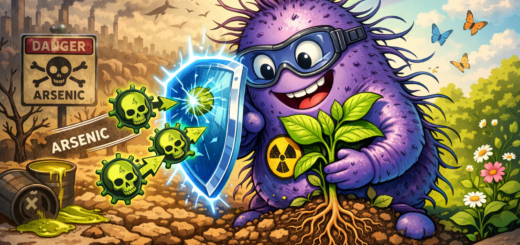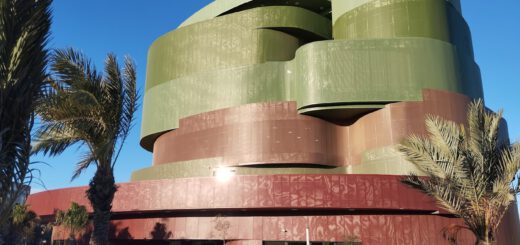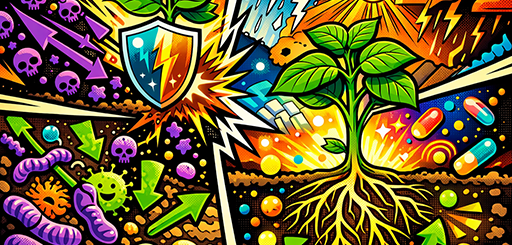Looking for a PhD position in plant-fungus interaction?
Qualification
We are looking for a skilled candidate with a Master’s degree in Molecular biology, Biotechnology, or Microbiology. Prospective applicants should have a background in plant molecular biology and/or microbiology. Furthermore, the ideal candidate will exhibit self-motivation and collaborative skills, demonstrating commitment and drive to execute the envisaged project with creativity and out-of-the-box thinking. We are an international lab, thus, proficiency in English is a requirement.
Starting date
December 2024 – February 2025
Contact
Send your CV and a motivation letter to stephan.pollmann (at) upm.es no later than 31st of October. Please, also nominate 2-3 potential referees supporting your application.
Project Description
Global food production has surged by 15-20 times in recent decades, primarily due to the heavy use of chemical fertilisers, fungicides, pesticides, and other degenerative soil management techniques. However, this approach is unsustainable given the extensive environmental damage caused. New strategies for crop production must be developed to meet the environmental, economic, societal, and cultural demands of today. Climate change further complicates the issue, with models predicting temperature increases of 2-5ºC, decreased annual rainfall, and higher vapor pressure deficit and evaporation in the Mediterranean region over the coming decades. These conditions will heighten abiotic stress for plants and soil microbes, reducing vegetation cover and productivity while increasing the risk of land degradation through soil acidification and salinisation. Leveraging the molecular mechanisms activated by beneficial fungal root endosymbionts in host plants may offer a sustainable agricultural solution. These fungi promote growth, boost crop productivity, and enhance stress resilience. In prior projects, we studied various fungal root symbionts with wide host spectra, indicating general recognition and signalling processes in plant-fungus interactions. Through comprehensive transcriptomics, genetics, reverse genetics, metabolomics, phenomics, and live cell imaging, we investigated these molecular mechanisms and determined that several transcriptional reprogramming events are initiated in the symbiosis. Our findings have already provided significant insights into plant-fungus interactions. Our new project aims to deepen our understanding, focusing on drought and salt stress resilience, to develop a model of the regulatory network involved and explore its biotechnological potential.
Job Description
The successful candidate will employ molecular biological and computational methods to identify molecular response modules crucial for the symbiosis between plants and root endophytes. A comprehensive mRNA sequencing analysis will identify gene regulatory networks involved in this symbiosis. Key components will be further investigated using reverse genetics and advanced genome editing tools. This research will be part of the larger activities of Prof. Stephan Pollmann’s laboratory at the CBGP in Madrid, specialising in plant–microbe interactions and plant hormonal and transcriptional networks. The candidate will receive interdisciplinary training in advanced “omics” technologies, including metabolomics, transcriptomics, machine learning, and integrative bioinformatics. Training will also cover experimental design, analysis, manuscript and project preparation, and other scientific skills. Additionally, the researcher will develop transferable skills such as knowledge dissemination and intellectual property rights protection. Training in the Pollmann laboratory emphasises critical, interdisciplinary, and innovative thinking grounded in a solid theoretical foundation. Effective communication and knowledge transfer among group members are fundamental, with regular laboratory meetings to foster critical scientific discussions and evaluate published data in the field.
Related Publications
– Onejeme F.C. et al. (2024) J. Plant Growth Regul.
– González Ortega-Villaizán A. et al. (2024) Plant Cell Environ.
– Haro R. et al. (2023) Front Microbiol.
– Bastias D. et al. (2022) Plant Cell Environ.
– Pérez Alonso M.M. et al. (2022) Plant Cell Environ.
– Morales-Quintana L. et al. (2022) Front. Microbiol.
– Morales-Quintana L. et al. (2022) Plant Physiol. Biochem.
– Conchillo L.B. et al. (2021) Front. Ecol. Evol.
– Pérez Alonso M.M. et al. (2020) J. Exp. Bot.


